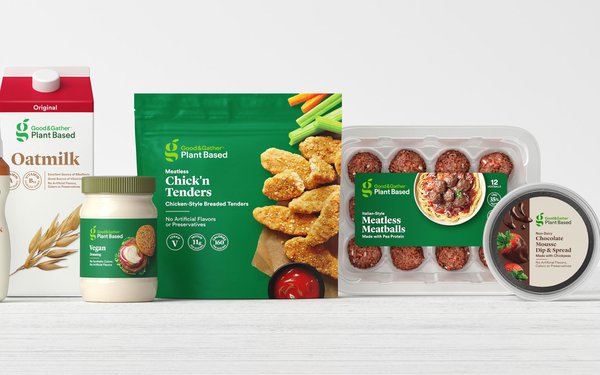by Sarah Mahoney @mahoney_sarah
Source: www.mediapost.com, September 2022
Anyone who’s pushed or clicked on a grocery cart lately knows how bad inflation is. These days, a loaf of bread, a pound of hamburger and a few lemons can cost as much as a 2020-era restaurant meal.
New research from Reach 3 Insights reveals how much inflation is changing what consumers buy — and it spells bad news for national brands. About 78% of Americans purchase in-store brand products now, with 61% buying more pantry items and 58% buying more private-label household products.
And 65% of the people say that — minus the packaging and branding froufrou — most products are really the same, anyway.
While it’s not surprising that people are trading down to private label to save money, Matt Kleinschmit, founder and chief executive officer of the research company, says the category-by-category decisions say a lot about consumers’ state of mind these days.
In some ways, the shifts are reminiscent of the Great Recession of 2008/2009, in that people are willing to consider even more radical changes to the way they show, he says.
“People understand that this is affecting everyone in a big way, and they are being very open about the changes they are making to their buying habits,” he says. One difference? “They are leveraging modern social media to find deals/ swap buying saving strategies in a way they weren’t doing in 2008/2009.”
“Inflation is making people think about each purchase decision in a way that most shoppers haven’t done in a while,” he tells Marketing Daily via email. “People now have to think through their own value equation for each category and product.”
More than nine out of ten in the 2,000-person sample say they are being more thoughtful about what they buy, including those in the $100,000-plus income bracket.
Consumers seem less inclined to trade down on pet and baby products. But they are more likely to do without the small treats they once bought freely. About 53% are buying fewer beauty products, 52% are buying fewer frozen appetizers, and about 50% are cutting back on sweet snacks or ice cream.
The recent report that inflation remains persistently high, at 8.1%, is likely to solidify bonds with private labels and store brands.
“Inflation is an accelerant causing people to question whether brand-name products are worth the price,” Kleinschmit says.
He says the incessant out-of-stocks of the COVID-19 era also accelerated the change.
“We found that nearly half of Americans changed brands or products during COVID, and 85% of those who switched stayed with the new brands or products. As a result, we believe consumers have become smarter about their shopping habits and less loyal to any given brand or product.”

